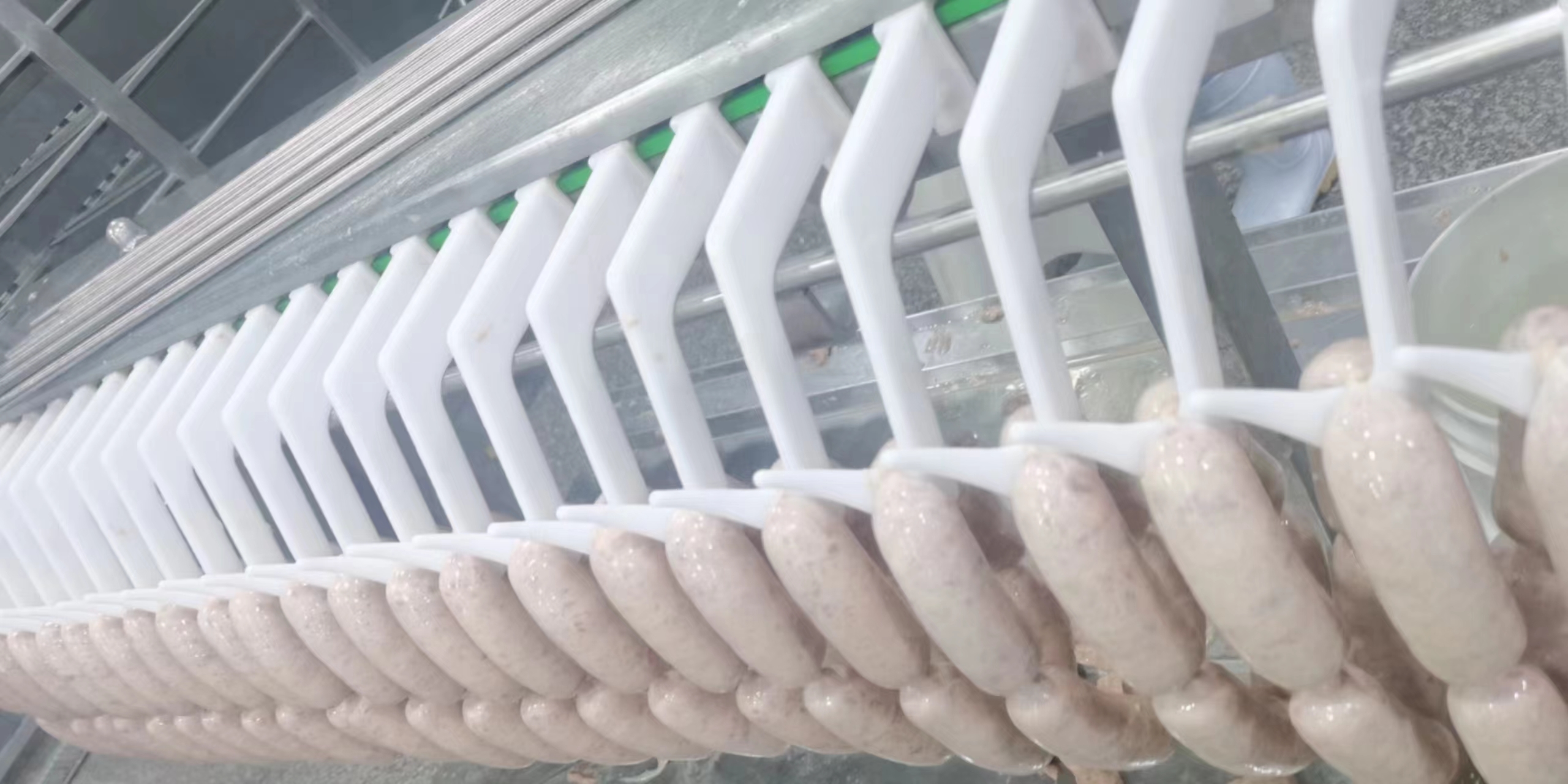
des. . 19, 2024 07:06 Back to list
Top Suppliers of Food Processing Machinery for Efficient Production
Food Processing Equipment Suppliers The Backbone of the Food Industry
The food processing industry plays a crucial role in ensuring that food products are safe, nutritious, and readily available to consumers. Central to this industry is the relationship between food processing companies and their suppliers of specialized equipment. These suppliers are essential for maintaining efficiency, safety, and quality in food production processes. In this article, we will explore the importance of food processing equipment suppliers, the types of equipment they provide, and the factors to consider when selecting these suppliers for a food processing business.
The Importance of Food Processing Equipment Suppliers
Food processing equipment suppliers are fundamental to the success of any food manufacturing operation. They provide the machinery and tools needed for various processes, including mixing, cooking, cooling, pasteurizing, and packaging. The right equipment not only enhances productivity but also improves product quality and safety standards. With an ever-increasing demand for processed foods, the role of these suppliers is more critical than ever. They help businesses to scale operations, reduce waste, and comply with stringent food safety regulations.
Moreover, suppliers often offer valuable expertise and support. Many suppliers are well-versed in the latest technologies and trends within the food industry. They can provide guidance on equipment selection, maintenance, and optimization tailored to specific production needs. This partnership can help food processors innovate their product lines and stay competitive in a fast-evolving market.
Types of Equipment Offered by Suppliers
Food processing equipment suppliers offer a wide range of machinery, each designed for specific tasks within the production process. Some essential categories of equipment include
1. Preparation Equipment This includes items like slicers, grinders, mixers, and peelers that prepare raw materials for processing.
2. Cooking and Heating Equipment Cookers, ovens, steamers, and fryers fall under this category. They are crucial for transforming raw ingredients into consumable formats through methods like cooking, baking, or frying.
3. Cooling and Refrigeration Equipment such as blast chillers and refrigeration units are necessary for maintaining the safety and quality of food products post-cooking.
4. Packaging Equipment This includes machines for bagging, bottling, canning, and sealing, ensuring that products are preserved and presented effectively for consumers.
food processing equipment supplier

6. Cleaning and Sanitation Equipment Maintaining hygiene is paramount in food processing. Suppliers offer cleaning systems designed to meet health standards, including washers and sanitation equipment.
Selecting the Right Supplier
Choosing the right food processing equipment supplier is a significant decision that can impact operational efficiency and product quality. Here are some factors to consider when making this choice
1. Reputation and Experience Look for suppliers with a strong track record in the industry. Check customer testimonials, case studies, and references to gauge reliability and service quality.
2. Product Range Ensure that the supplier offers a comprehensive range of equipment that meets your specific processing needs. This includes not only the machinery but also replacement parts and service support.
3. Customization Options Every food manufacturing operation is unique. Suppliers that offer customizable solutions can provide equipment tailored to your specific processes and products.
4. Technical Support and Maintenance A good supplier should provide ongoing support, including installation, training, and maintenance services. This ensures that your equipment operates efficiently over its lifespan.
5. Regulatory Compliance Verify that the supplier’s equipment meets relevant food safety standards and regulations. Equipment that complies with these regulations will minimize risks and support your business’s compliance efforts.
6. Cost and Financing Options Evaluate the pricing structure and financing options available. Consider not just the upfront costs but also the long-term value, including durability, efficiency gains, and energy savings.
Conclusion
Food processing equipment suppliers are vital partners in the food industry, providing the tools and expertise necessary for efficient, safe, and high-quality food production. By understanding the importance of these suppliers, the types of equipment they offer, and key considerations for selecting them, food processing businesses can make informed decisions that enhance their operational efficiency and product quality. As the industry continues to grow and evolve, investing in the right equipment and partnerships will be critical for success.
Latest news
-
[Product Name]-[Company Name]|[Core Function 1]&[Core Function 2]
NewsJul.13,2025
-
SmartFlow 3000 Series-Industrial Automation Solutions|AI Analytics&Energy Efficiency
NewsJul.13,2025
-
NextGen Equipment Series-IndustrialTech Solutions|Smart Automation&Real-Time Analytics
NewsJul.12,2025
-
Smart Irrigation System - Example Corp | Water Conservation, AI-Driven Efficiency
NewsJul.12,2025
-
Chicken breast meat slicer
NewsMar.07,2025
-
Meat Bowl cutter for LAB
NewsMar.07,2025